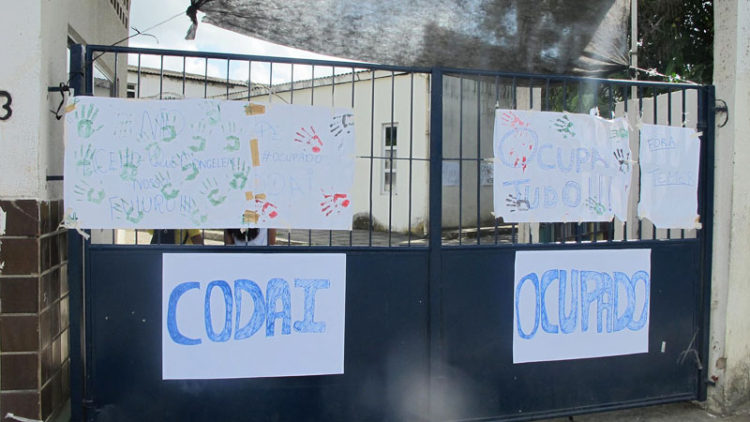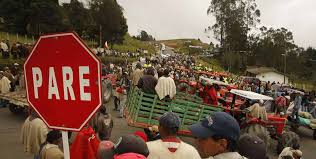Latinamerica Press
Fighting homophobia in Honduras where close to 40 LGBT citizens have been killed in the last two years
Forty years after the Stonewall riots, when a group of homosexuals stood up to police to fight a raid on a New York City bar, a milestone for the gay movement, that day Honduras saw the Americas’ first coup d’état of the 21st century. In the aftermath, a slew of human rights violations occurred, many of them violence against Honduras’ gay community.
Activists and academics seek to preserve native tongues and culture.
Academics and activists in Bolivia and Mexico in July took steps to preserve indigenous languages whose survival is threatened of dying out with more use of Spanish. The Autonomous University of Mexico has launched an audio library of the 300 indigenous languages and dialects spoken in Mexico. The library has 800 audio language samples so far.
Fighting privatization of education: Thousands of students march against for-profit education model.
Over 100,000 high school and university students and teachers have been protesting throughout Chile since mid-June demanding reforms to the country’s education system. To calm the demonstrations, President Sebastián Piñera announced on July 5 a US$4 billion-plan, financed using income from the copper mining industry that, he says, will make schools more efficient.
New transgenics law under fire as Lawmakers approve legislation to regulate entry of genetically-modified seeds.
Bolivian lawmakers on June 18 approved new legislation aimed at protecting food for the country, but critics argue it will lead to an influx of genetically-modified seeds because it would give power to the multinational genetically-modified seed and fertilizer companies to overrun indigenous communities with their products.
Demanding equality and dignity, indigenous women demand changes to ancient customs
Manners and customs are the indigenous peoples´ own forms of self-government and regulatory systems, which have been preserved since pre-colonial times, and that govern the lives of these peoples but some women from these native communities are demanding changes to these ancient practices they say infringe on their rights as people.














